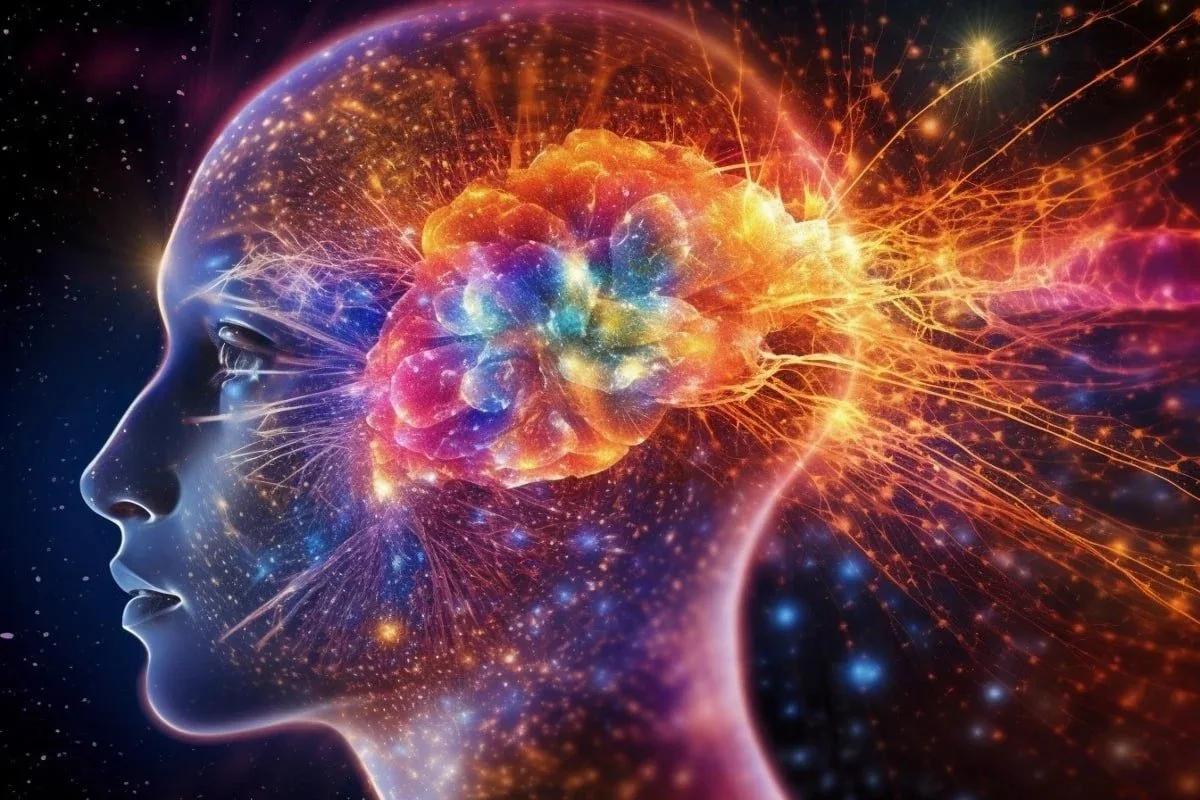The human mind has always been a subject of fascination, and the exploration of consciousness has taken a remarkable turn with recent findings on the ability of experienced meditators to voluntarily induce states of unconsciousness, known as cessations.
Unlike traditional causes of unconsciousness, such as anesthesia or intoxication, these meditators are able to achieve a momentary void of consciousness through advanced meditation practices. A groundbreaking study, conducted across multiple countries, sheds light on this extraordinary phenomenon and its implications for our understanding of cognition.
Key Findings of Research:
- Voluntary Cessations Through Meditation: Experienced meditators, particularly those following Tibetan Buddhist practices, demonstrate the unique ability to voluntarily enter a state of cessation, temporarily losing consciousness without the aid of external substances.
- Objective Measurement with EEG Spectral Analysis: The study, led by Matthew Sacchet and an international team of researchers, employed EEG spectral analysis to objectively measure brain activity during 37 cessation events in one expert meditator across 29 sessions. This innovative approach allowed for a correlation between the meditator’s first-person experience and neuroimaging data.
- Profound Modulation of Consciousness: Insights gained from the study reveal the profound modulation of consciousness achievable through advanced meditation practices. The momentary void of consciousness is followed by enhanced mental clarity, marking a significant shift in the meditator’s cognitive and perceptual processes.
Challenges and Solutions:
- Scarce Availability of Expert Meditators: Previous research faced limitations due to the scarcity of expert meditators who had reached the level where cessations occur. The study overcame this challenge by recruiting one adept meditator capable of entering and reporting multiple cessation events during repeated meditation sessions.
- Difficulty in Predicting Cessations: Cessations are notoriously difficult to predict, adding another layer of complexity to the research. However, the selected meditator in this study was able to report and evaluate these events systematically, providing valuable insights into the cessation experience.

Neurophenomenological Approach:
The research adopted a neurophenomenological approach, bridging the gap between subjective experience and objective measurement. The expert meditator’s first-person descriptions of cessations were meticulously analyzed alongside EEG data, allowing for a comprehensive understanding of the mental and physiological processes associated with these unique states.
Implications & Future Directions:
The study’s findings open new avenues for understanding consciousness modulation through meditation. According to Matthew Sacchet, the results provide initial evidence for the adept meditators’ ability to voluntarily and profoundly modulate their state of consciousness. These discoveries lay the foundations for further neuroscientific and empirical exploration of these unique states, promising a deeper understanding of the human mind and its potential for self-regulation.
Conclusion:
In unraveling the mysteries of consciousness through the lens of experienced meditators, this study not only highlights the extraordinary capabilities of the human mind but also underscores the potential for further scientific exploration into the realm of meditation-induced states of unconsciousness. As we delve deeper into the intricate interplay between subjective experience and objective measurement, the study invites us to rethink our understanding of consciousness and its malleability through intentional practices such as advanced mindfulness meditation.
FAQs:
- Can anyone achieve meditative cessations, or is it limited to expert meditators?
- Meditative cessations typically require a high level of expertise, making them challenging for beginners.
- How do cessations differ from traditional loss of consciousness?
- Unlike external factors like anesthesia, cessations are voluntarily induced during advanced meditation, offering unique insights into consciousness modulation.
- Are there risks associated with inducing unconscious states through meditation?
- While meditation is generally safe, attempting advanced practices without guidance can pose risks. Consultation with experienced instructors is recommended.
- What implications do these findings have for the field of neuroscience?
- The study opens avenues for further neuroscientific exploration into the voluntary modulation of consciousness, providing valuable insights into cognitive processes.
- Can the ability to induce cessations be learned, or is it innate?
- Achieving cessations often requires years of dedicated meditation practice under the guidance of experienced instructors.



